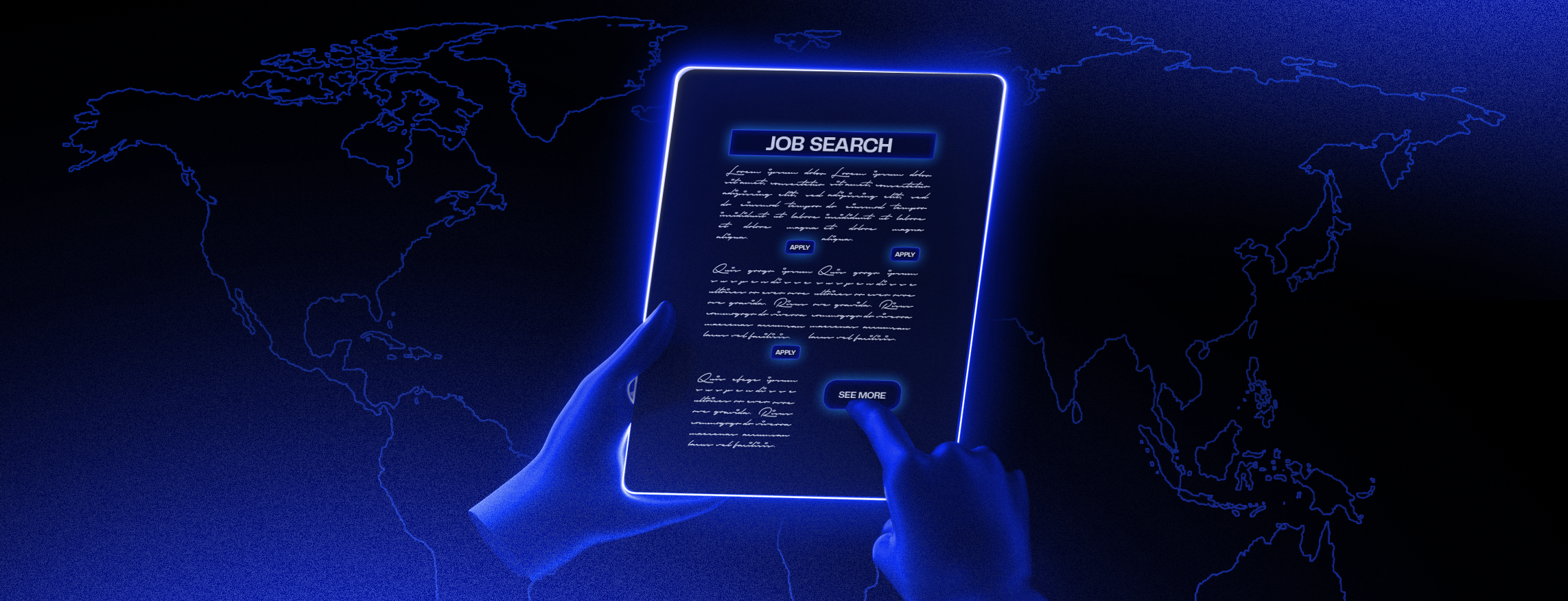
.svg)


The Black Market Factor: Navigating Money Transfers to Nigeria


6

If You Regularly Send Money to Nigeria, This Is for You
If you regularly send money to Nigeria, here’s what you need to know about sending money to Nigeria. By now, you should know international remittance is no small feat, especially when you have to juggle complexities that come with the process. But there’s an extra layer of complexity that often flies under the radar – the black market.
For those unfamiliar, this unofficial parallel exchange market plays a massive role in Nigeria’s foreign currency trade. It’s fast, alluring, and, to be honest, a little risky. But why do so many people opt for this method? And more importantly, is there a better, safer way to send money to Nigeria without all the headache?
For years, Nigerians in the diaspora have had to deal with fluctuating exchange rates, leading many to turn to the black market for better deals. If you’ve ever tried to remit money to Nigeria, chances are you’ve heard whispers about the black market’s juicy high rates. But breaking news: it’s not all that juicy! While the black market might promise more naira for your dollar, pound, or euro, it comes with its own set of risks that can leave you out of pocket.
In this article, we’ll break down how the black market operates, why it appeals to so many people, and how services like Pesa offer a smarter, safer alternative. Because, let’s face it, nobody likes the idea of their hard-earned money getting caught up in shady dealings. So, how do you avoid the pitfalls of the black market while still getting the best bang for your buck? Let’s dive in.
What Exactly Is the Black Market in Nigeria?
The black market in Nigeria is an informal system where foreign currencies like USD, GBP, and CAD are exchanged for naira at rates often higher than the official bank rate. This is especially common for people who want to send money to Nigeria and get more value for their foreign currency.
In contrast to official exchange platforms, black market traders offer rates that are sometimes significantly better, which is why many Nigerians, especially small business owners and expatriates, are drawn to it. But here's the catch: while the rates may seem appealing, the black market is an unregulated space.
You’re essentially operating outside the protection of financial institutions, which means if things go south – like receiving counterfeit naira or falling victim to fraud – you’re pretty much on your own. And let's not forget the legal implications. Using the black market for foreign exchange can potentially land you in hot water, especially in countries that strictly regulate international money transfers.
Why Nigerians Turn to the Black Market
The reason many people turn to the black market is simple: it’s fast and often offers more naira for your buck. When the official rates seem uncompetitive, the black market becomes the go-to solution for anyone trying to make the most of their international remittances.
Imagine this: you're trying to send money to Nigeria, and you need to do it urgently. You compare the rates at your bank or on official channels, and they seem like a rip-off. But on the black market? You get almost double the naira for your CAD, GBP, or USD. It's tempting, right?
For small business owners, the black market is almost indispensable. They depend on these inflated rates to keep their businesses afloat, especially when dealing with international suppliers. And it’s not just businesses. Everyday people use the black market to meet their needs, from funding home projects to supporting family members. With fluctuating exchange rates and inflation wreaking havoc on the naira’s value, the black market can seem like a quick fix to get more bang for your buck.
However, this quick fix comes at a cost. The unpredictability of the black market means you could end up losing more than you gain. You may receive counterfeit currency or even lose your money entirely if you're dealing with an untrustworthy vendor. Plus, black market rates can fluctuate wildly depending on political or economic changes, making it an unreliable method to send money to Nigeria consistently.
The Hidden Risks of Black Market Transactions
Sure, getting a better rate sounds fantastic, but the risks associated with the black market are real. First off, there's the danger of being scammed. Unscrupulous dealers thrive in the black market, often swindling unsuspecting people out of their hard-earned cash.
The allure of higher exchange rates can blind you to the very real danger of losing it all. Then there’s the issue of counterfeit naira. Without the backing of a legitimate institution, you have no recourse if you're handed fake bills, which happens more often than you'd think.
Additionally, the black market is volatile. One minute, you could be getting an excellent rate, and the next, the market could crash, leaving you with far less than you anticipated. Not to mention, the lack of legal protection makes it nearly impossible to pursue any recourse if things go wrong. In contrast, when you send money to Nigeria online through official channels, you're backed by legal frameworks that protect your transaction from fraud and ensure you get what you pay for.
Alternatives to the Black Market
Now, let’s talk about the smarter alternative: using legitimate services to send money to Nigeria. The good news is, you no longer need to rely on shady backdoor transactions to get a decent exchange rate. Modern money transfer platforms like Pesa offer international money transfers that are fast, secure, and reliable. And yes, you can still get competitive rates without venturing into risky territory.
Take Pesa, for example. It’s a leading cross-border payment service that allows you to send money directly to a Nigerian bank account or mobile wallet without any of the hassles of dealing with the black market. With real-time transfers, your recipient gets the money almost instantly, and you don't have to worry about counterfeit naira or getting shortchanged.
Pesa also offers one of the cheapest ways to send money to Nigeria, with no hidden fees or nasty surprises. Plus, it’s available in multiple countries, so whether you need to send money to Nigeria from the USA, UK, or Canada, Pesa has you covered. You can even use Pesa’s multicurrency wallet, which allows you to store funds in different currencies and transfer them when the exchange rate is favourable.
What Do I Gain from Using Pesa?
- Transparency: No hidden fees, and you always know the exchange rate upfront.
- Speed: Real-time transfers ensure your money reaches its destination instantly.
- Security: Transactions are backed by legal frameworks, giving you peace of mind.
- Convenience: A multicurrency wallet allows you to hold funds in various currencies and send money at the best rates.
The Bottom Line
At the end of the day, sending money to Nigeria shouldn’t be a gamble. Sure, the black market might offer tantalising rates, but the risks far outweigh the rewards. With Pesa, you can send money to Nigeria quickly, securely, and without any hidden fees. It’s the best way to remit money to Nigeria while avoiding the pitfalls of the black market. Plus, you get the peace of mind that comes with using a regulated service, backed by customer support and legal protections.
So, next time you’re looking to send money to Nigeria, skip the shady backdoor deals and choose Pesa. Whether you're transferring funds for business, family support, or emergencies, Pesa ensures your money arrives safely and swiftly, without any unnecessary risks. Begin by downloading our app via Play Store and Apple Store NOW!
Related articles
See all












